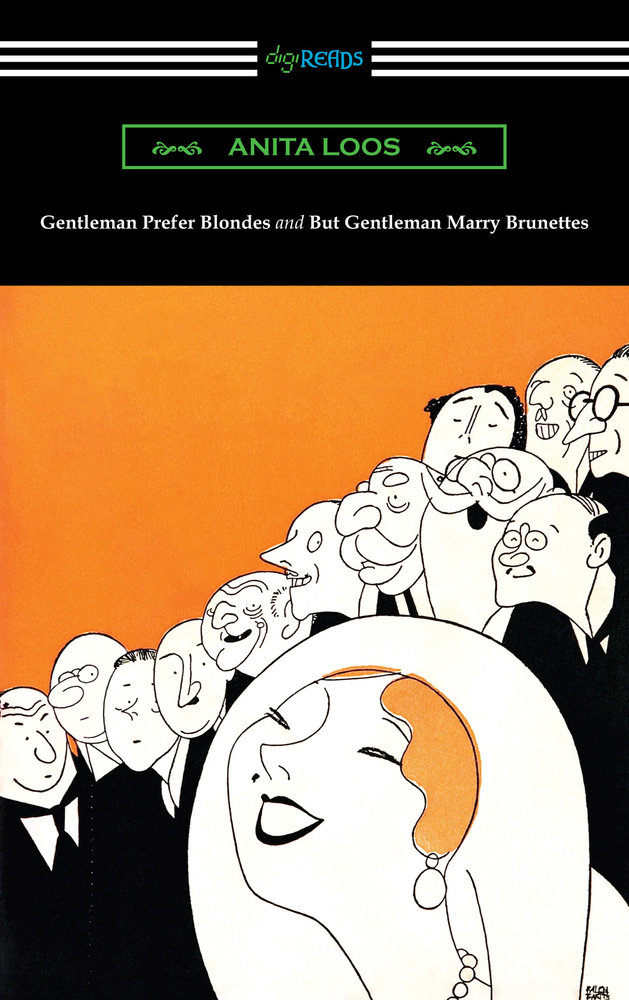Anita Loos is recognized as the first female staff screenwriter in Hollywood, one of the many accomplishments of this 20th century actress and author. Loos is probably best remembered today for her novel Gentleman Prefer Blondes , which was made into a movie starring Marilyn Monroe in 1953. This comic masterpiece follows the romantic dalliances of gold-digging flapper Lorelei Lee. An instant runaway bestseller, when it was first published in book form in 1926, Gentleman Prefer Blondes has been recognized as a satirical masterpiece which perfectly captures the carefree spirit of the Jazz Age. Along with this work this volume includes the 1927 sequel But Gentlemen Marry Brunettes . Narrated by the protagonist of the first novel, Lorelei Lee, But Gentlemen Marry Brunettes follows the life of Dorothy, a talented young woman who ventures to New York City to become a member of the Ziegfeld Follies. Together these novels remain as excellent examples of Anita Loos´ superior wit and literary talent.


